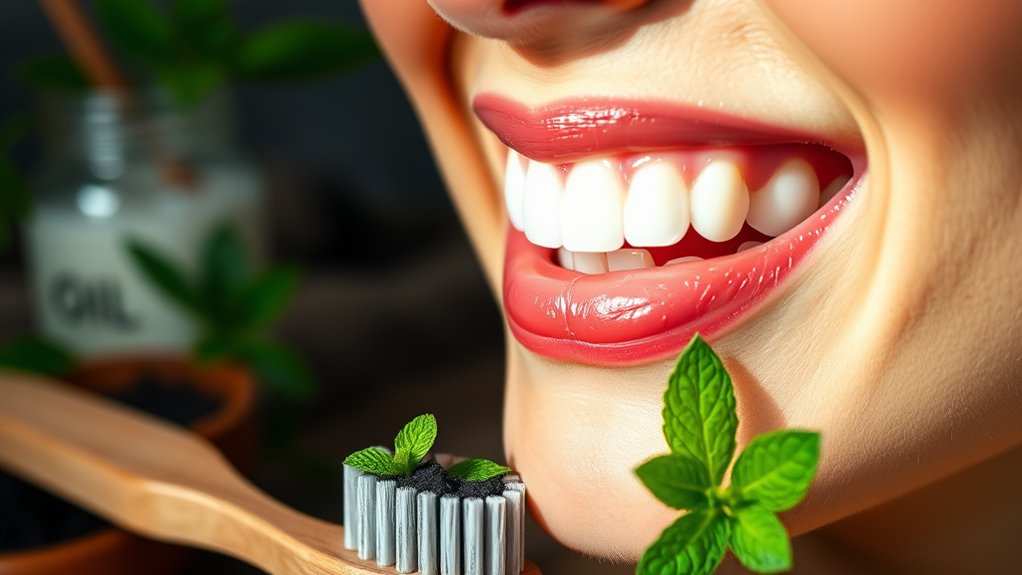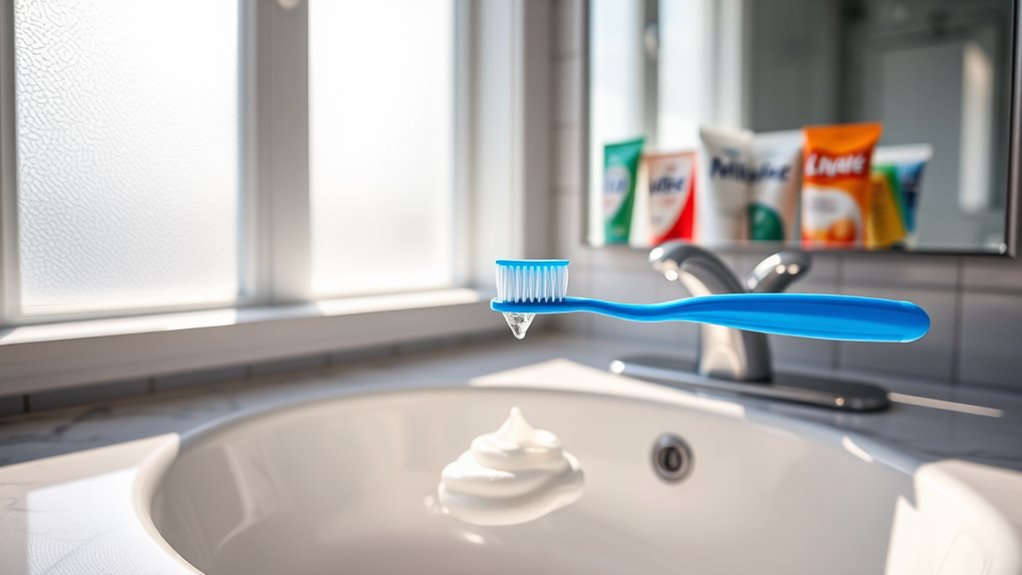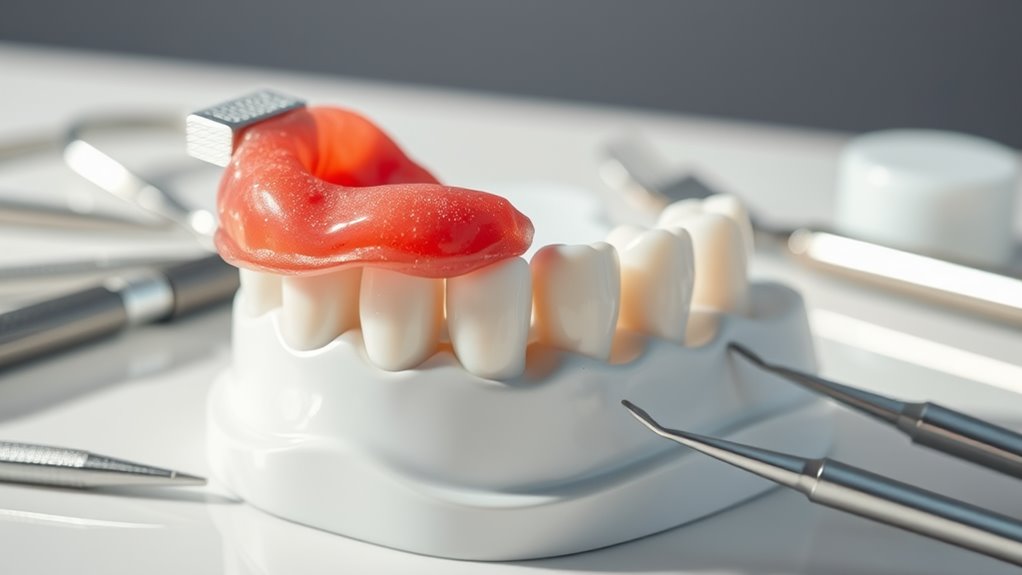Can You Reverse Cavities Naturally. What Science Says
While cavities often seem permanent, recent studies suggest there’s a window for natural reversal, particularly in early stages. Understanding the delicate balance between demineralization and remineralization is crucial. Certain dietary choices and oral hygiene practices can influence this process significantly. But how effective are these natural methods, and what scientific evidence supports them? Unpacking these questions can guide your approach to dental health more effectively.
Key Takeaways
- Early enamel damage may be reversed through remineralization with minerals like calcium and phosphate, supported by fluoride.
- A balanced diet rich in vitamins and minerals strengthens enamel and promotes oral health.
- Saliva plays a crucial role in neutralizing acids and providing minerals essential for tooth repair.
- Although natural remedies like oil pulling and xylitol gum show potential, they require further research for proven effectiveness in cavity reversal.
- Consulting with dental professionals is vital before relying solely on natural methods for cavity treatment.
Understanding Cavities: Formation and Progression
When you consume sugary or acidic foods, it creates an environment in your mouth that fosters cavity development. The bacteria thrive on sugar, producing acid that erodes your tooth enamel.
This process leads to demineralization, where minerals essential for tooth strength are lost. You may notice early signs, like white spots, indicating the potential for natural cavity reversal. Regular dental care helps manage harmful bacteria contributing to decay.
The Role of Remineralization in Dental Health
Remineralization plays a crucial role in maintaining dental health, as it helps repair early enamel damage before cavities develop. This natural process occurs when minerals, primarily calcium and phosphate, are redeposited into the enamel after being lost.
Factors such as saliva, fluoride exposure, and dietary intake directly influence remineralization. Saliva, for instance, neutralizes acids and supplies essential minerals. Moreover, Vitamin D is crucial for enhancing the absorption of calcium, further supporting this reparative process.
Studies show that fluoride enhances this process, making enamel more resistant to future decay. If you maintain a balanced diet and good oral hygiene, you can support remineralization, potentially reversing early signs of decay before they progress into more serious dental issues.
Natural Remedies: What Works and What Doesn’t
Supporting remineralization through diet and oral care can set the stage for exploring natural remedies for reversing cavities. Some proponents suggest using fluoride, despite its synthetic nature, due to its proven ability to strengthen enamel.
Oil pulling, an ancient practice, can reduce harmful bacteria but lacks substantial clinical backing for cavity reversal. Similarly, while xylitol gum may help in preventing tooth decay, it isn’t a miracle cure.
Herbal remedies like neem or clove oil show antibacterial properties but need more research for definitive effects. Ultimately, rely on established methods and consult your dentist before trying unverified home remedies for cavity issues. Additionally, maintaining a balanced oral environment is crucial for supporting the remineralization process.
Dietary Influences on Cavity Prevention and Reversal
Diet plays a crucial role in both preventing and potentially reversing cavities, as specific nutrients can directly influence oral health.
Consuming adequate amounts of vitamins A, C, D, and K2, along with minerals like calcium and phosphorus, helps strengthen enamel and remineralize teeth.
Foods rich in fiber, such as fruits and vegetables, stimulate saliva production, which neutralizes acids and washes away bacteria.
On the other hand, reducing sugar intake minimizes plaque formation, a critical contributor to cavities.
Whole grains and fermented foods can support a healthy oral microbiome, further protecting against tooth decay.
Strategic dietary choices are key for optimal dental health. Additionally, including leafy greens in your diet provides essential minerals that strengthen enamel and promote gum health.
Current Scientific Research on Natural Cavity Reversal Techniques
While recent studies on natural cavity reversal techniques show promising results, it’s essential to evaluate the methodologies and findings critically.
Research indicates that minerals like fluoride and calcium phosphate can remineralize early decay, yet the effectiveness varies based on individual oral conditions. Some trials suggest that specific dietary changes and probiotics may positively impact oral health, but comprehensive studies are scant. Additionally, factors like plaque control and saliva’s role aren’t fully understood. Therefore, while natural options are appealing, you should weigh the available scientific evidence and consult with healthcare professionals before relying solely on these techniques. Furthermore, incorporating calcium intake into your diet can improve the structural integrity and acid resistance of your teeth.




